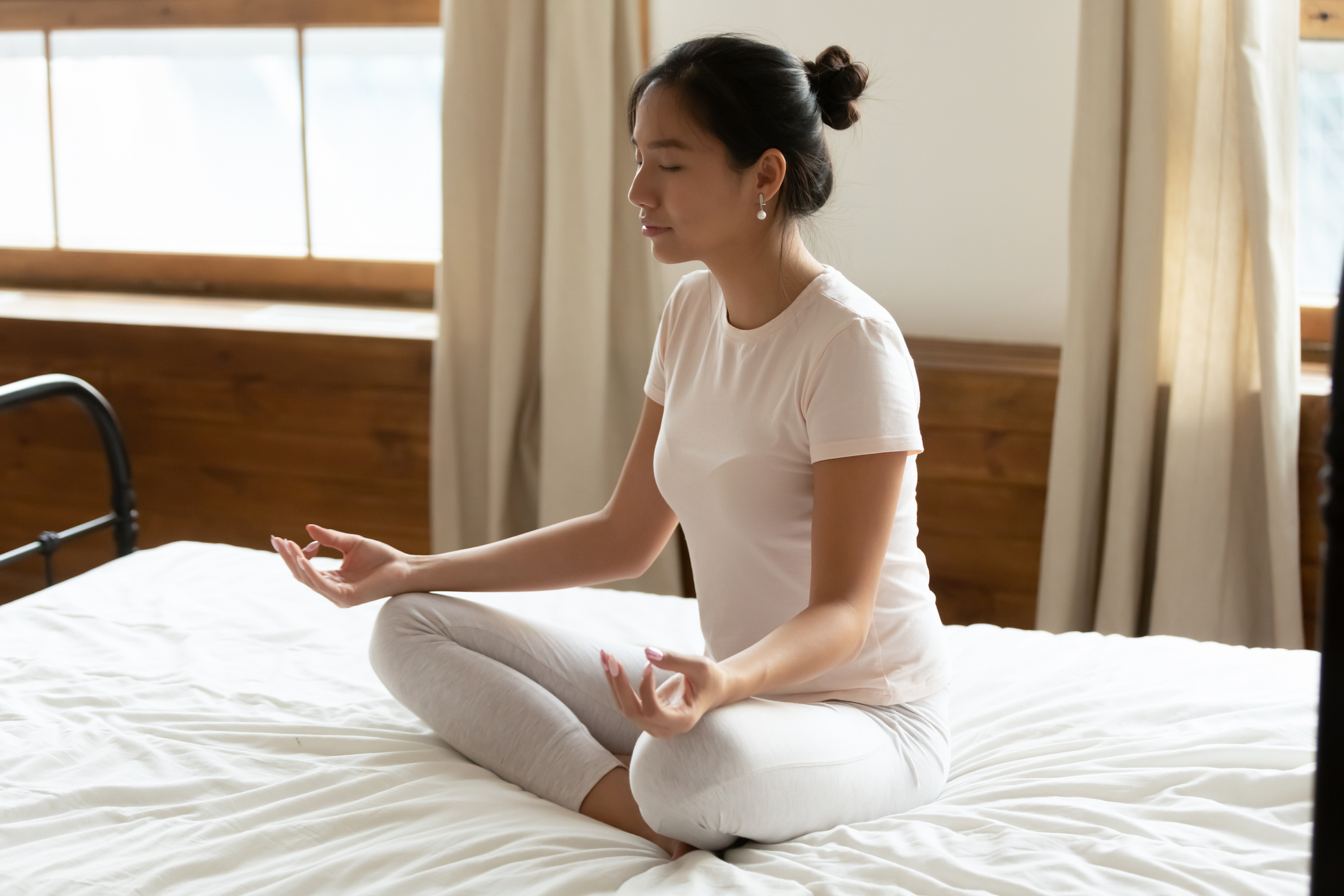In the Northeast United States where I live, we’re entering our second month of life during the novel Coronavirus pandemic. We feel a clear sense of what was life before–and what marks life in this globally uncertain and anxious moment. For each person, what this means to our daily life is specific–whether we are caring for children or aging parents, taking care of our own fragile health needs, going into the world as an essential worker, or perhaps facing unemployment. A sense of collective grief is pervasive–as are many, many reminders of our shared humanity, as neighbors who never knew each other come together to support one another; as communities step onto porches or balconies to sing and cheer for our heroes, the health care workers.
If you’re a spiritual seeker like me, you likely have a number of practices that help you connect to your inner knowing and/or what you consider to be the Divine and that also help you to make meaning out of what is hard in life. Rituals are habitual actions that give our lives rhythm, that raise our consciousness and that may transform the daily and mundane tasks of life into holy ones. When we stop to offer thanks before a meal, for example, we elevate the experience of eating from one of simply nourishing our body into an act of gratitude and connection.
But when everything in our life feels upside down, as it does for many of us in this moment, opening up to new kinds of spiritual practices can also be helpful. Over the last month, I’ve watched my own practices transform and share these five observations in hopes that they may support you in feeling connected, safe and grounded.
1. Stick With It: One of the great benefits of having a practice during times of wellbeing is that it’s there to support us when we’re not feeling our best. Many people are reporting feelings of exhaustion during the pandemic; others are experiencing feelings of grief for all that’s been lost. I’ve been doing an at-home yoga practice since January–and many days, I’m fighting with myself to just unroll the yoga mat. It’s amazing how just doing that act, taking the first step, even when my heart’s not in it, can carry me through the practice. I feel more calm and connected even if I make it through 10 minutes of yoga. I’m trying not to judge my resistance, but to just appreciate my sticking with it when practice feels hard to do.
2. Be Flexible: Life isn’t what it was a month ago in so many different ways. That means the spiritual practices that were working well for us may also need to shift. Allow yourself to be flexible–if your body is craving more exercise, it might be time to get back to running, biking, hiking or some other physical activity that’s safe to do during the pandemic. If you love attending services at your faith community but online services just aren’t doing it for you, don’t force yourself to attend.
3. Explore: One opportunity of this time is that many faith communities and mindfulness and spiritual teachers are sharing services, classes, meditation and other gatherings online. If you have more free time at home, you can check out different kinds of offerings. If your spiritual practices before the pandemic were group-based, such as participating in a meditation, prayer or spiritual direction class, you may want to use this time to explore some individual practices, such as reading books by favorite spiritual teachers or checking out different spirituality podcasts.
4. Create New Rituals: Tune into what will help you get through this time. For some people, it may be writing a gratitude journal; for others, it might be going out to photograph or draw the blossoming flowers and trees around us. Many people are reporting vivid dreams and so this might be an ideal time to capture dreams in a journal. Just making a phone call or two each day to check on friends and family can become a spiritual practice.
5. Write About it: You don’t need to consider yourself a writer to open a blank notebook or journal and express your thoughts and feelings. When you’re living in close quarters, writing gives you a space all of your own where you don’t have to cheer anyone else up or explain your frustrations. Journaling in the morning, before bed, or whenever you feel like it can reduce stress and increase your awareness and intuition.
Whatever practices serve you best, may you continue to be safe and well.
Gabrielle Kaplan-Mayer hosts the 5 Questions for Inner Wisdom Podcast.
Check out her journal for parents here.
Gabrielle ‘Ariella’ Kaplan-Mayer is a passionate Jewish educator and author. She serves as the Chief Program Officer at Jewish Learning Venture. Gabrielle teaches online writing workshops at the intersection of creative writing and spiritual growth.

